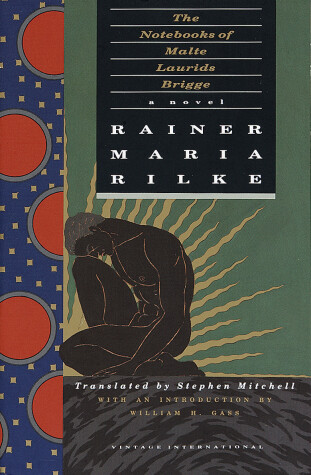Vintage International
2 total works
Duino Elegies & the Sonnets to Orpheus
by Reader in Classics Stephen Mitchell and Rainer Maria Rilke
Published 6 October 2009
Available for the first time in a single volume, Ranier Maria Rilke’s two most beloved sequences of poems rendered by his most faithful translator. Rilke is unquestionably the twentieth century’s most significant and compelling poet of romantic transformation and spiritual quest. His poems of ecstatic identification with the world exert perennial fascination. In Stephen Mitchell’s versions of Rilke’s two greatest masterpieces readers will discover an English rendering that captures the lyric intensity, fluency, and reach of his poetry. Stephen Mitchell adheres impeccably to Rilke’s text, to his formal music, and to the complexity of his thought; at the same time, Mitchell’s work has authority and power as poetry in its own right.
This is the definitive, widely acclaimed translation of the major prose work of one of our century's greatest poets -- "a masterpiece like no other" (Elizabeth Hardwick) -- Rilke's only novel, extraordinary for its structural uniqueness and purity of language. First published in 1910, it has proven to be one of the most influential and enduring works of fiction of our century.
Malte Laurids Brigge is a young Danish nobleman and poet living in Paris. Obsessed with death and with the reality that lurks behind appearances, Brigge muses on his family and their history and on the teeming, alien life of the city. Many of the themes and images that occur in Rilke's poetry can also be found in the novel, prefiguring the modernist movement in its self-awareness and imagistic immediacy.
Malte Laurids Brigge is a young Danish nobleman and poet living in Paris. Obsessed with death and with the reality that lurks behind appearances, Brigge muses on his family and their history and on the teeming, alien life of the city. Many of the themes and images that occur in Rilke's poetry can also be found in the novel, prefiguring the modernist movement in its self-awareness and imagistic immediacy.

